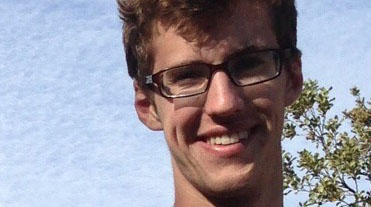Alex Bush is a recent MPH graduate who received his degree in Global Health Program Design, Monitoring and Evaluation. He did his practicum right here in Washington, DC, at the World Bank from September 2016 to January 2017. Bush was in a new behavioral subunit called GINI Index. “I wanted some kind of real life, meaningful experience for my practicum,” he said.
Bush was part of a cognitive-behavioral-based intervention program in Mexico City that works to reduce school dropout rates. Bush did performative research to develop the program and evaluate its effects, and, through his work, he noted the close links among education, development and health. Although the program wasn’t a direct intervention, it fell under the development umbrella: Staying in school prevents kids from health risks as well as sets them up to make good decisions and obtain jobs later on.
Working from afar, Bush had to learn how to communicate effectively with his colleagues in the field. It can be easy to overlook problems when you’re not there, he learned. Being flexible while balancing his workload were other important lessons Bush said he learned.
He said he wouldn’t have gotten this position at the World Bank if it weren’t for the professors at Milken Institute SPH, and he could not emphasize enough the value of the resources from the Global Health Department. “The faculty are really excited and willing to help you,” said Bush, who added that what he learned in the classroom helped him tremendously in his transition to professional work. His advice to future students looking for practicum experiences is to seek out a faculty advisor or mentor with similar interests.
Bush just returned to the World Bank as a consultant for the Development Research Group, and despite the greater demand of his job now, he said he has the foundational knowledge from Milken Institute SPH to continue learning and growing in his career.


